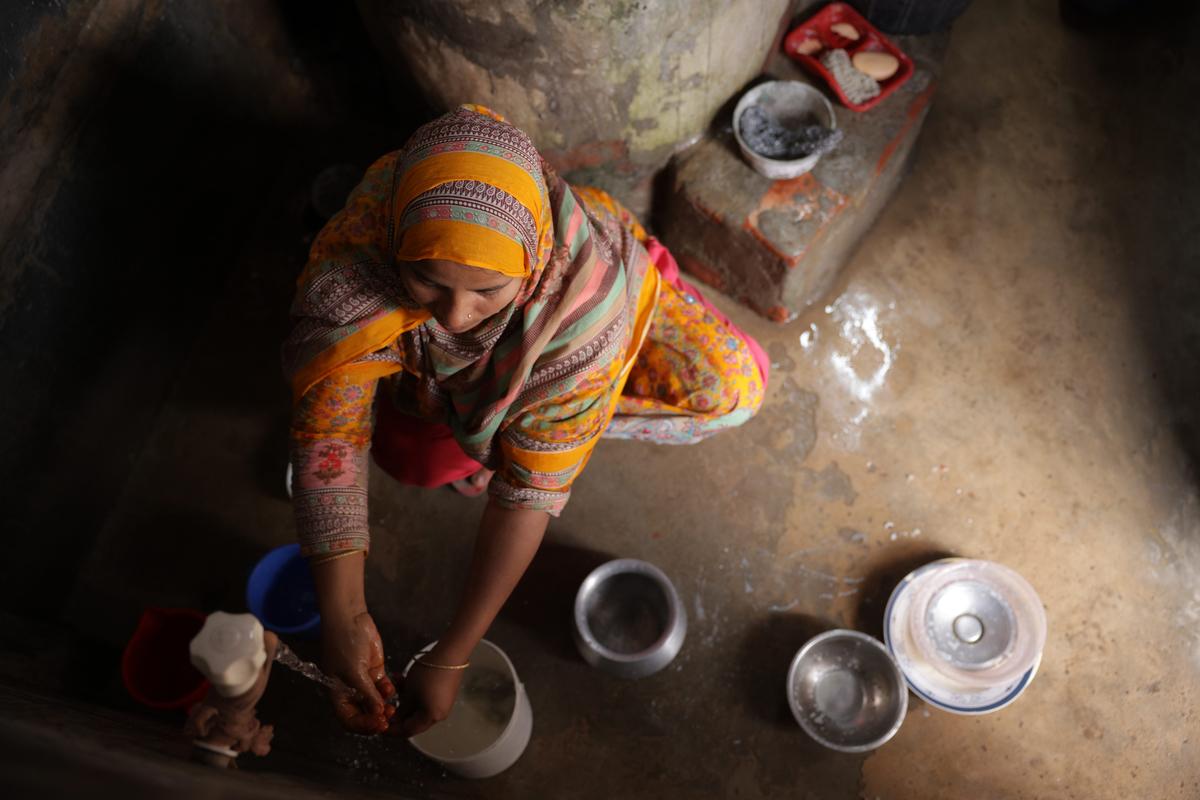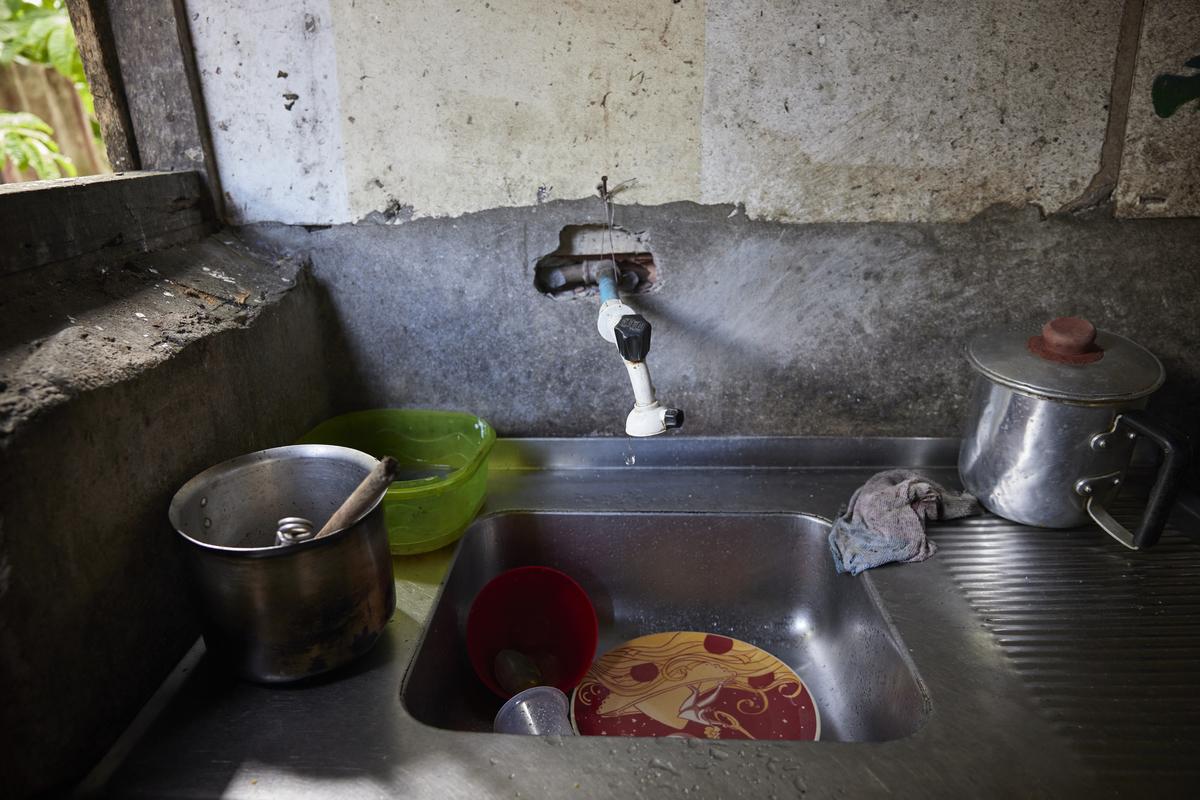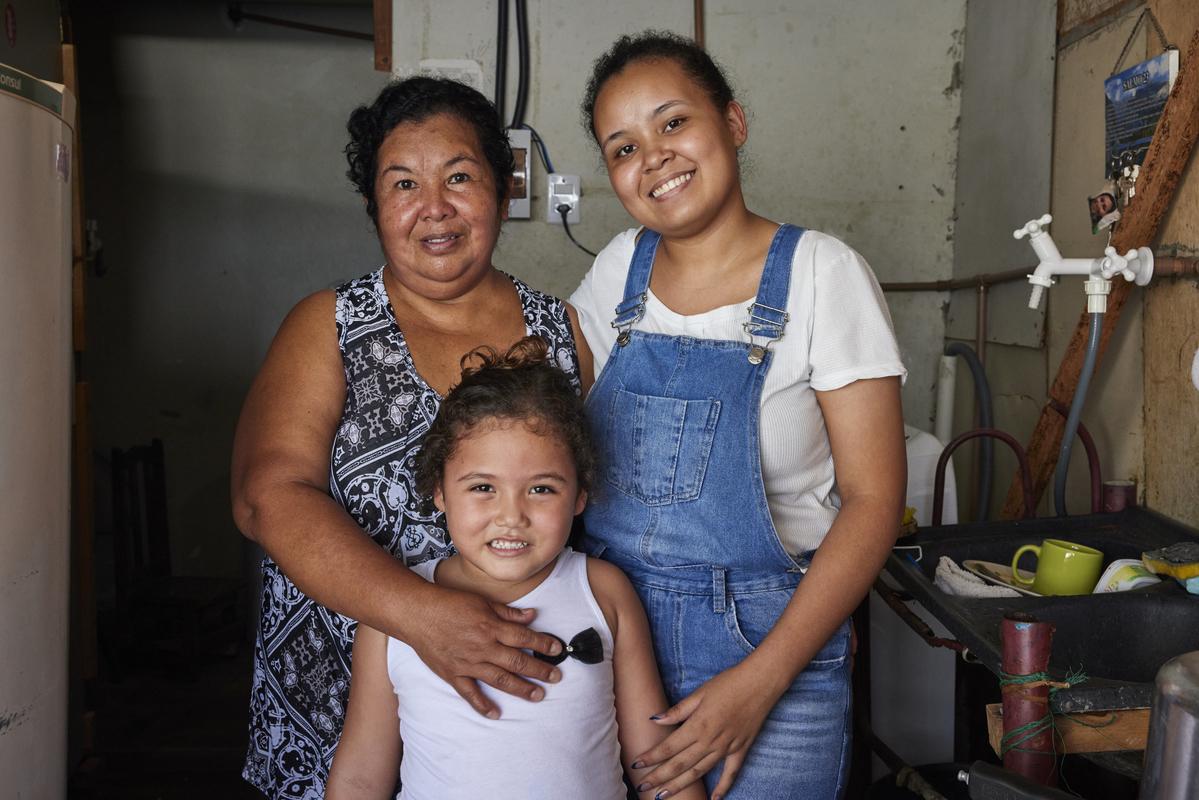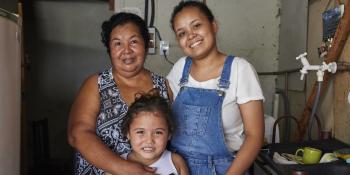Home Equals 2025 research report
Informal Settlement Improvements and Women’s Health
A groundbreaking report, “Informal Settlement Improvements and Women’s Health,” from Habitat for Humanity International reveals that improving housing in informal settlements promotes positive health outcomes for women and entire communities, advancing sustainable development.
The findings of this evidence-based research are more relevant today than ever as over 1.1 billion people around the world live in slums or informal settlements. Women are overrepresented in these communities, often facing greater vulnerabilities than men due to prevailing beliefs and practices that limit their access to education, economic opportunities, rights and asset ownership.
Key findings
Adequate housing can have profound health benefits for women. Habitat for Humanity found that within the first year, key improvements in informal settlement housing could lead to:

20.3 million illnesses prevented.
including respiratory infections, enteric infections, chronic obstructive pulmonary disease, reproductive and urinary tract infections, and heat sickness.

42.9 million incidents of gender-based
violence prevented.
including intimate partner violence and non-partner sexual violence. At least one of every 17 cases of sexual violence could be prevented if improvements in informal settlements are implemented.

80,200 preventable deaths avoided.
At least one in four maternal deaths and one of every six deaths due to heat stroke could be avoided globally if improvements in informal settlements are implemented.
Bold actions to improve women’s health through housing
Habitat for Humanity International calls for bold, coordinated action to address the interconnected challenges of housing and women’s health and to prioritize solutions that elevate the unique needs of women living in informal settlements.

National and local governments must recognize the strong connections between housing and health and integrate gender-responsive and community-led health and housing solutions and upgrading initiatives as part of public health policies.

The donor community, especially Group of 7—or G7—member states, must embrace a more holistic approach to global health—one that recognizes adequate housing and comprehensive slum upgrading as foundational investments in well-being, resilience, and gender equality.

Implementing organizations must integrate gender-sensitive strategies into every initiative—Residents of informal settlements and their partners play a crucial role in improving evidence-based policymaking for women’s health, by promoting women’s leadership and addressing data gaps, especially in critical but overlooked aspects of adequate housing.


